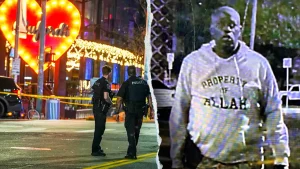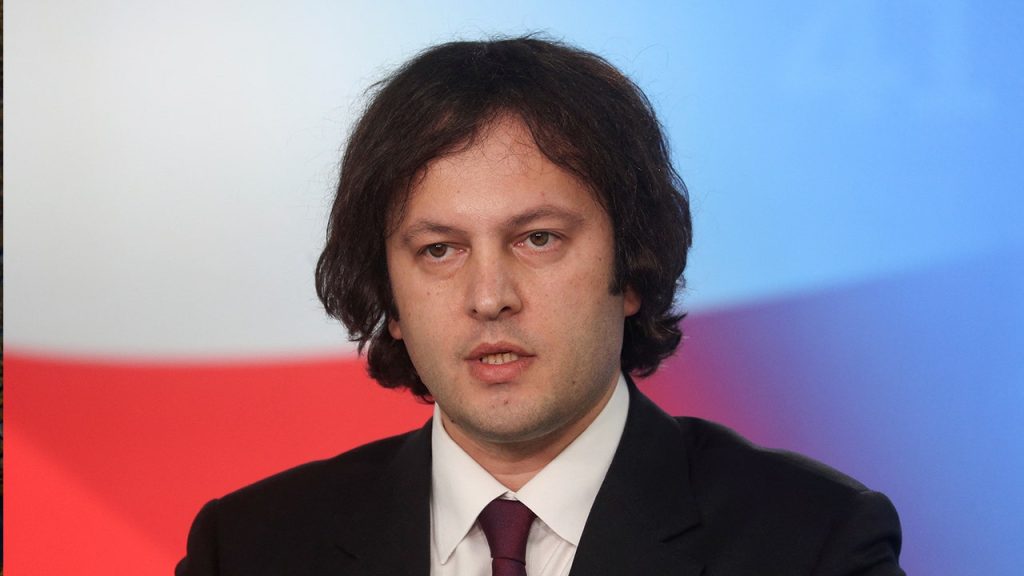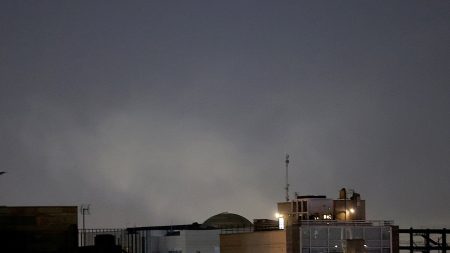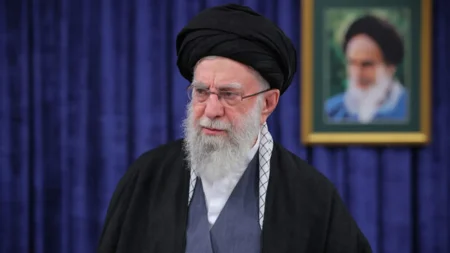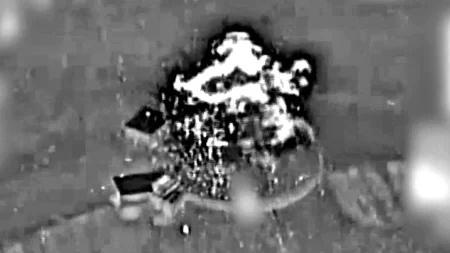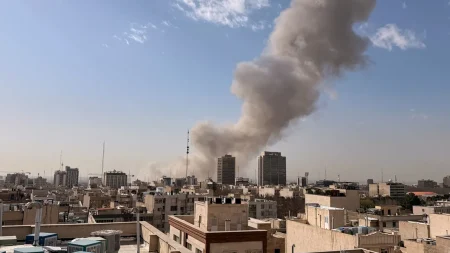In recent days, Georgia has become embroiled in political turmoil following the decision by the ruling Georgian Dream party to suspend European Union accession talks for the next four years. This announcement has raised alarms in both the United States and the EU, signaling a perceived shift in Georgia’s foreign policy from a pro-Western stance towards one more aligned with Russia. In response to escalating anti-government protests in Tbilisi, Georgian Prime Minister Irakli Kobakhidze has commended police efforts to suppress dissent, framing demonstrators as foreign agents attempting to destabilize the state. Public unrest has surged over a three-night period, with protesters clashing with police, who have employed water cannons and tear gas in an effort to restore order.
The political crisis is compounded by conflicting narratives surrounding foreign influence. Russian officials, including ex-President Dmitry Medvedev, have claimed that Georgia is spiraling towards chaos, likening the situation to Ukraine’s past upheavals. Medvedev’s remarks reflect Moscow’s longstanding concerns about Western involvement in former Soviet territories. Though the Kremlin has not publicly addressed the ongoing protests, it has historically accused the West of instigating revolutions within its traditional sphere of influence, a sentiment echoed amidst current Georgian events.
Against the backdrop of international scrutiny, Prime Minister Kobakhidze dismissed U.S. criticisms regarding police violence and human rights issues, claiming that Georgian police acted with greater restraint than their American counterparts. He characterized the recent protests as driven by external forces attempting to destabilize the country. Furthermore, he downplayed the significance of the United States suspending its strategic partnership with Georgia, suggesting that this development would only be temporary until the next administration takes over in January.
Adding to the volatile political climate, outgoing President Salome Zourabichvili has announced her intention to remain in office beyond her term end, citing the illegitimacy of the newly elected parliament due to alleged rigging in the October elections. Zourabichvili, an outspoken critic of the current government and supporter of EU integration, expressed her commitment to resist the Georgian Dream’s push to replace her with Mikheil Kavelashvili, a candidate perceived as pro-government and anti-Western. Prime Minister Kobakhidze attempted to downplay her stance, asserting that a transition would occur as scheduled.
Historically, Georgia has pursued a Western-oriented foreign policy since the dissolution of the Soviet Union in 1991. Membership in NATO and the EU has been a significant national aspiration, particularly in light of the nation’s turbulent past with Russia, including a conflict in 2008. However, recent developments have sparked fears of authoritarian shifts within the Georgian government, especially with laws targeting NGOs and cur suppressing LGBT rights, which many see as indicative of increasing pro-Russian sentiment within governance.
European leaders have expressed concern over these developments, with EU foreign policy chief Kaja Kallas expressing solidarity with the demonstrators and condemning the state’s violent responses. She highlighted the need for Georgia to pursue a democratic path and reaffirmed support for the country’s European aspirations. The ongoing turmoil has the potential to reshape Georgia’s political landscape significantly, testing the resolve of both its citizens and Western partners as they navigate the complexities of sovereignty, external influence, and democratic values.

